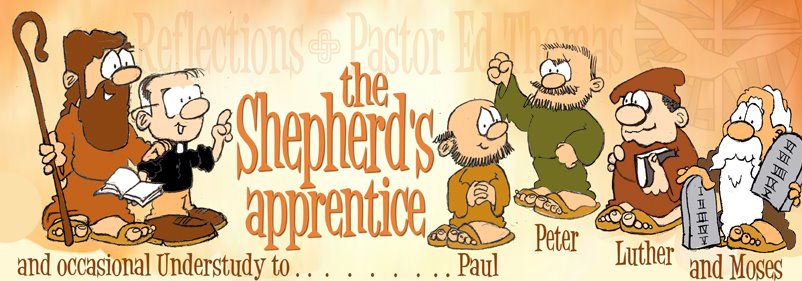Paul wrote:
My God will fully satisfy every need of yours
according to his riches in glory in Christ Jesus.
Philippians 4:19
Notice what this verse doesn’t say … It doesn’t say, “God will fully satisfy every wish of yours.”
So what do we truly need?
We say we need food, water, and air to live. That’s a “need,” right? Actually not. When believers die on earth, we still live.
So what do we truly need? Only one thing lasts forever, and that’s our relationship with Father, Son, Holy Spirit … and other believers.
In this life, believers may go hungry. We will get sick and die. But when we truly come to God, “God WILL satisfy every [real, true, and eternal] need … in Jesus Christ.”
And everything else that we label “a need” will just distract us from this truth, this hope, this glory, and this power.
In Christ’s Love,
a guy who needs to need Jesus
… even more

